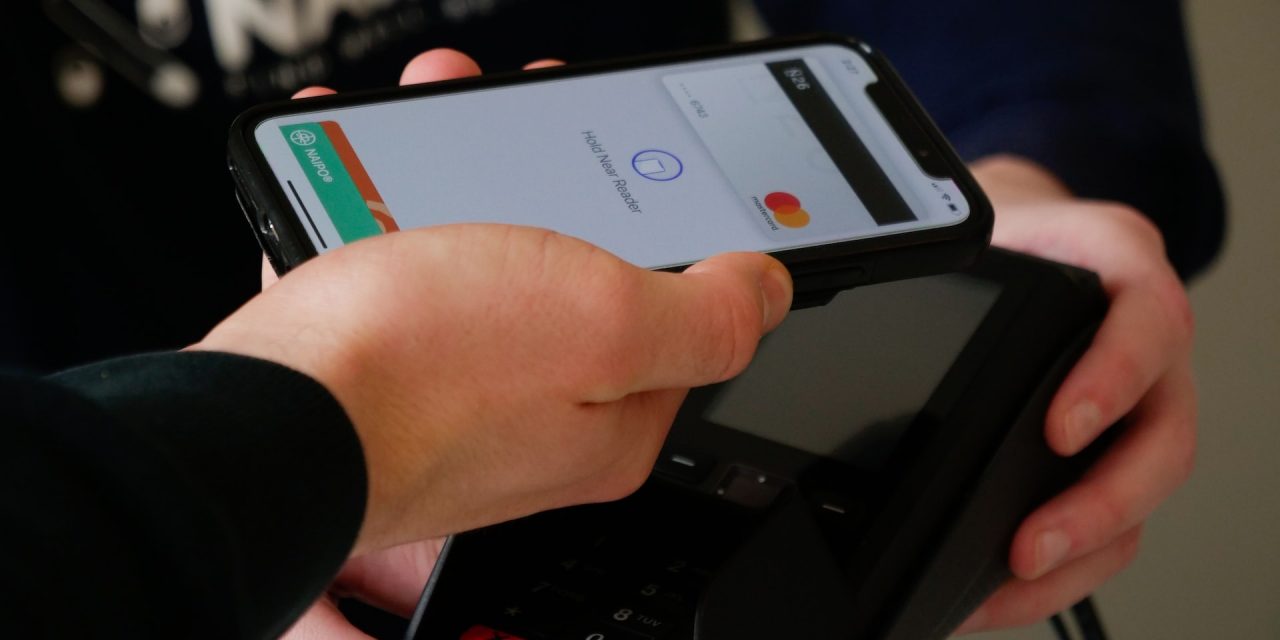BANGALORE, India – Virtual Cards Market is segmented by Type (B2B Virtual Cards, B2C Remote Payment Virtual Cards, B2C POS Virtual Cards), By Application (Consumer Use, Business Use, Other) : Opportunity Analysis and Industry Forecast, 2022–2028. It is published in Valuates Reports under the Computers & Electronics Category.
Virtual Cards Market size was about 1.8 Billion USD and grow at a CAGR of 10.5% from 2022 to 2028.
Major Factors Driving the Growth of the Virtual Cards Market
The demand for different kinds of virtual cards is anticipated to be driven by the rising number of digital transactions globally, which will support Virtual Cards market expansion.
Both consumers and companies can use virtual card numbers to make safe online payments. The generated numbers add an extra layer of security to the protection of your online payment transactions and can be configured for single or repeated use.
TRENDS INFLUENCING THE GROWTH OF VIRTUAL CARDS MARKET
Fraud is always a persistent threat to businesses, particularly in this era of remote and hybrid employment. A special set of security features offered by virtual cards aid in reducing the risk. They provide an additional layer of defense in the event that a business you have paid for suffers a data breach. Additionally, they adhere to PCI DSS (payment card industry data security standards). This factor is expected to drive the growth of the Virtual Cards market.
Ability to Streamline the Accounts Payable Process is expected to drive the growth of the Virtual Cards market. Inefficient manual processes related to using paper checks can be replaced by using virtual credit cards. With single-issue virtual cards, accounts payable departments may concentrate more on their financial obligations and less on processing payments. There is no longer a need to write checks, stuff checks into envelopes, or meter envelopes. With a streamlined accounts payable procedure using single-issued virtual cards, you not only save time but also lessen or eliminate the dangers of human error. In essence, issuing virtual cards allows AP departments to overcome obstacles in the accounts payable process.
Many virtual banks offer significantly lower costs that users must pay. Since everything is done online, the virtual bank may reduce operating expenses and, as a result, lower customer fees. Additionally, cashback can be earned in addition to other promotional offers. This is expected to further boost the virtual card market.
With the help of the system’s data, virtual cards make it easier to keep track of the money that is available. As a result, the payment process is more transparent and effective internally. Additional features include giving virtual cards to specific individuals, such as suppliers or merchants, and maintaining the cleanliness and orderliness of all transaction sources. This factor is expected to drive the virtual card market growth. Additionally, there is comparatively more control and flexibility than with conventional cards. Users can really design their own spending limitations for their accounts and decide whether to freeze or close them, as opposed to having a predetermined fixed spending limit set by the bank.
VIRTUAL CARDS MARKET SHARE ANALYSIS:
Based on type, B2B Virtual Cards are expected to be the most lucrative segment. Virtual cards have become more popular as a payment option for B2B buyers, which has contributed to the change. A virtual card can be configured to prohibit it from being used by anyone inside or outside of an organization for any unauthorized activities. Additionally, a lot of businesses still use checks to pay invoices, although virtual cards show to be a more effective payment option.
The market for virtual cards is expanding in the Asia Pacific region as a result of rising IoT service acceptance and government measures to promote digital payments and widespread smartphone use, particularly in China, Japan, and India. Additionally, the construction of a digital payments system is being deliberately pushed up by the governments and industrial participants in China who are both accelerating their digital transformation.
Key Companies:
- Abine
- American Express
- Billtrust
- Cryptopay
- CSI (Corporate Spending Innovations)
- DiviPay
- Emburse
- Fraedom
- JP Morgan Chase
- Marqeta
- Mastercard
- Mineraltree
- Pay with Privacy
- Qonto
- Skrill
- Stripe
- Token
- Wex
- Wirecard
Source: Valuates Reports





